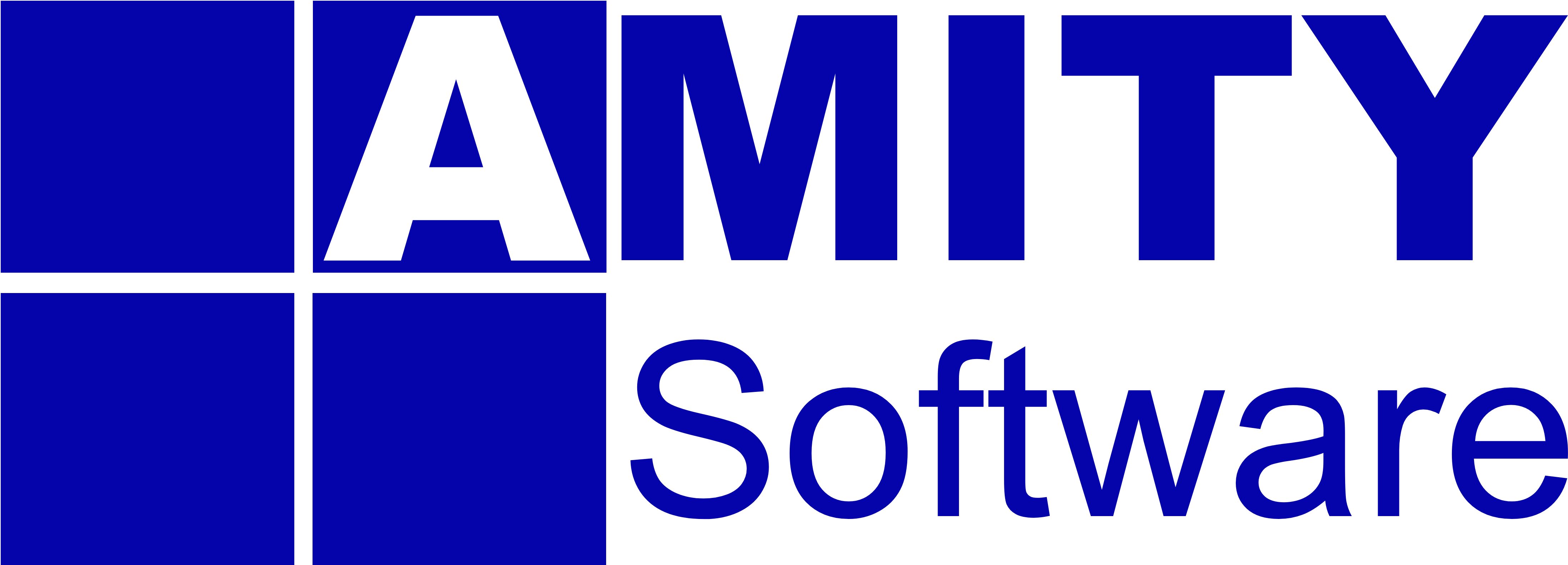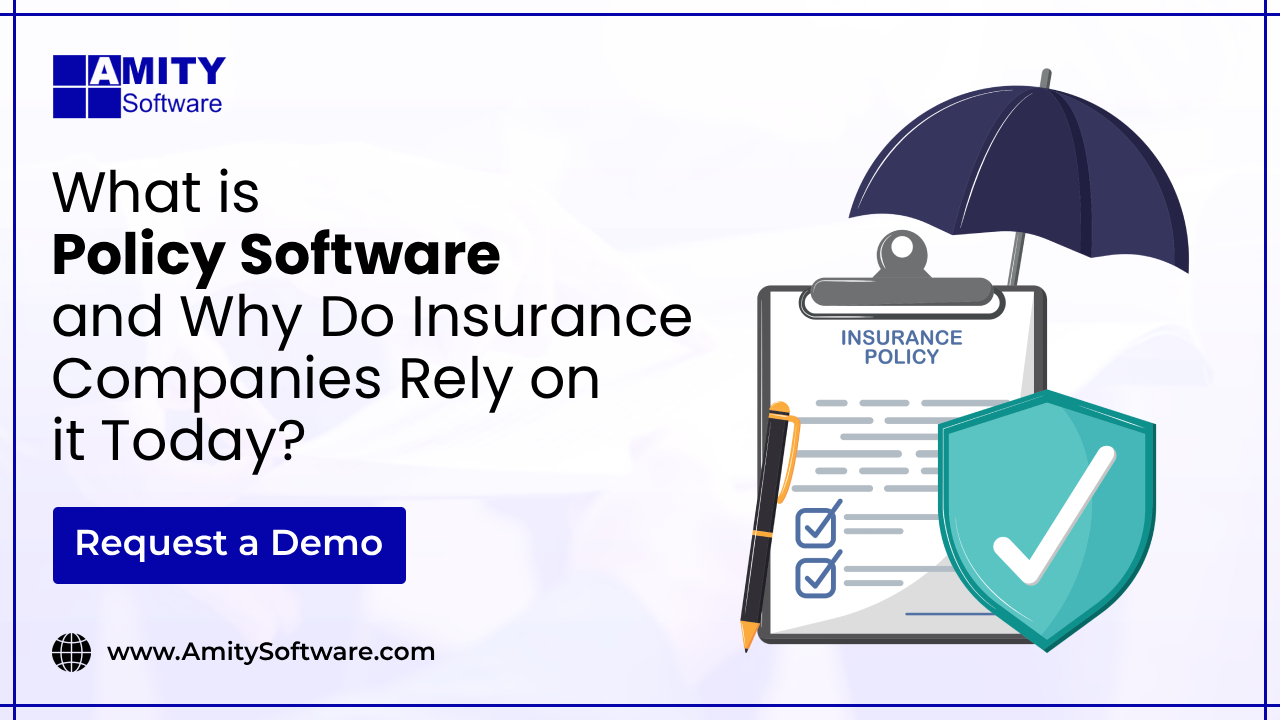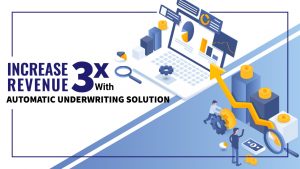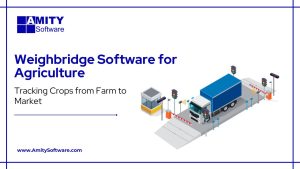Running an insurance business in Africa comes with unique challenges. Regulations vary across countries, compliance updates move quickly, and customer expectations are shifting toward digital-first service. Many insurers still rely on paper files, emails, or Excel sheets to manage policies, but this approach leaves room for errors, compliance risks, and delays. This is exactly where policy software makes a difference.
What Is Policy Software?
Policy software is a digital platform that helps insurers create, update, enforce, and track policies across their entire lifecycle—covering underwriting, compliance, claims, renewals, and reporting. In Africa, where insurance penetration remains low (just 2–3% in many markets, compared to South Africa’s ~14% penetration), companies are turning to policy software to cut costs, stay compliant, and scale into new customer segments.
Why Policy Software Matters in Insurance Today
Africa’s insurance industry is growing fast. The market was valued at USD 92.9 billion in 2024 and is projected to reach USD 160.9 billion by 2033, expanding at a CAGR of about 6%. But the growth opportunity comes with big challenges:
Here’s what policy software solves:
- Consistency – Ensures policies are applied the same way across underwriting, claims, and renewals.
- Compliance – Automatically updates rules to align with IRDAI or other regulatory bodies.
- Speed – Reduces delays in approvals, renewals, and claims processing.
- Visibility – Gives executives and risk managers a single source of truth.
- Cost savings – Cuts down manual work, errors, and compliance penalties.
In short: policy software isn’t optional anymore—it’s survival tech for insurers.
Core Features of Policy Software for Insurers
Most insurance policy management software solutions today come packed with features designed for the entire policy lifecycle.
1. Policy Creation and Administration
- Automated templates for policy documents
- Version control and policy renewal reminders
- Role-based access for underwriters and administrators
2. Compliance and Regulatory Alignment
- Built-in insurance compliance software tools
- Auto-updates when regulations change
- Alerts for potential compliance violations
3. Claims and Underwriting Automation
- Insurance underwriting software for faster approvals
- AI-driven risk scoring
- Claims rules engine for consistency
4. Policy Lifecycle Management
- Centralized dashboard for all policies
- Renewal and cancellation tracking
- Policy lifecycle management in insurance with audit trails
5. Reporting and Analytics
- Compliance reports for regulators
- Risk heatmaps for managers
- ROI insights for executives
Benefits of Policy Software by Role
Every stakeholder in insurance uses policy administration systems differently. Here’s how it plays out:
1. For Compliance Officers
- No more chasing spreadsheets.
- Automated compliance checks.
- Easy-to-generate reports for audits.
2. For Underwriters
- Rule-based decisions reduce human error.
- Consistent application of underwriting guidelines.
- Quicker quote-to-policy conversions.
3. For Claims Managers
- Faster claims approval using claims policy software.
- Reduces disputes by applying policies consistently.
- Frees up time for customer interactions.
4. For Risk Managers
- Clear visibility into policy gaps.
- Real-time alerts on non-compliance.
- Better risk modeling with integrated analytics.
Cloud-Based Policy Software: The New Standard
Most insurers are shifting to cloud-based insurance policy software because it’s more flexible and scalable than on-premise tools.
Advantages include:
- Anytime, anywhere access
- Faster deployment with lower upfront cost
- Seamless updates without IT bottlenecks
- Easier integrations with CRM, ERP, or claims systems
Cloud adoption is also critical for global insurers who need consistency across regions while meeting local compliance rules.
How do insurers calculate ROI on policy software?
ROI comes from:
- Reduced compliance fines (e.g., NAICOM penalties for reporting failures).
- Lower staffing costs through automation.
- Faster claims = higher customer retention.
- Fewer lapsed policies due to automated renewals.
A Kenyan insurer using policy software reported 35% fewer renewal errors and cut claims turnaround from 14 days to 4 days—direct cost savings and better customer loyalty.
Policy Software vs. Manual Policy Management
| Aspect | Manual Management | Policy Software |
| Accuracy | High error risk | Automated checks reduce errors |
| Compliance | Requires constant monitoring | Auto-updates with regulations |
| Speed | Slow, paperwork heavy | Instant approvals, renewals |
| Cost | High staff + audit cost | Lower compliance and admin costs |
| Scalability | Difficult beyond small teams | Works across global enterprises |
The difference is clear: manual systems can’t keep up with the complexity of modern insurance.
How Insurers Use Policy Software?
A mid-sized general insurer in Kenya managed over 50,000 active policies using spreadsheets and physical files. Renewal errors were common, and compliance reporting took weeks.
After adopting digital insurance policy software:
- Policy renewals were automated, reducing lapses by 35%.
- The claims processing time was reduced from 14 days to 4 days.
- Compliance reporting to IRA went from weeks to hours.
This isn’t just an efficiency gain—it directly improved customer trust and competitiveness against insurtech startups.
Final Takeaway
Policy software is no longer optional—it’s a must-have for insurance companies. It gives underwriters consistency, compliance teams peace of mind, claims managers speed, and executives control. In an industry where a single compliance slip can cost millions, relying on manual methods is simply too risky.
For insurers looking to stay competitive, reduce costs, and build trust, policy software is the smarter business decision today.
FAQs About Policy Software
1. What is policy software in insurance?
Policy software is a digital platform that automates policy creation, compliance tracking, underwriting, claims, and renewals for insurers.
2. Why is policy software important for African insurers?
Because regulations differ across countries, manual tracking often fails. Policy software reduces compliance risks, speeds up claims, and cuts costs.
3. Is cloud-based policy software reliable in Africa?
Yes. With growing internet coverage and mobile adoption, cloud solutions are now the most cost-effective and scalable option for insurers in Africa.
4. Can policy software integrate with mobile money?
Many platforms integrate with M-Pesa, MTN Mobile Money, and Airtel Money, allowing insurers to serve mobile-first customers.
5. Is policy software affordable for small African insurers?
Yes. Many providers offer modular systems where companies pay only for the features they need, making it viable for both microinsurers and large enterprises.

































